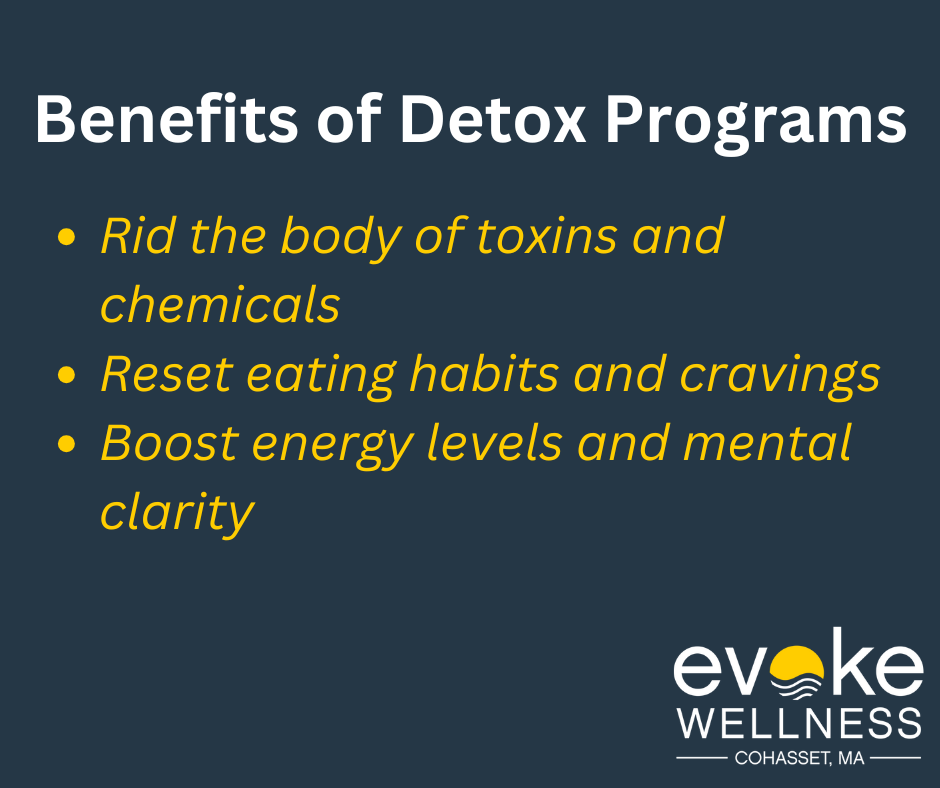Have you ever wondered about the difference between detox and withdrawal? If you’re considering treatment for substance abuse, understanding these terms is crucial. Detox and withdrawal are closely related but distinct processes in addiction recovery. While withdrawal refers to the physical and psychological symptoms that occur when you stop using a substance, detox is the process of safely managing those symptoms under medical supervision.
Call us at (617) 917-3485 today or reach out online.
Understanding the Differences Between Detox and Withdrawal
Defining the Terms
- Detox refers to the process of allowing toxic substances to leave the body safely and comfortably, often with medical assistance.
- Withdrawal describes the physical and psychological symptoms experienced when stopping the use of an addictive substance.
Physiological Processes
Detox focuses on ridding the body of drugs or alcohol, while managing unpleasant withdrawal symptoms. With withdrawal, the brain and body react to the absence of a substance it has become dependent on.
- Detox symptoms like nausea, sweating, and anxiety result from toxins leaving the system.
- Withdrawal symptoms like tremors, insomnia, and mood swings are the body’s reaction to chemical imbalances caused by stopping substance use.
Medical Detox
To minimize risks and increase comfort and safety, medical detox programs provide:
- 24/7 clinical monitoring and support
- FDA-approved medications to ease withdrawal
- Nutritional support and therapeutic services
While difficult, detox is the crucial first step towards sobriety. Withdrawal symptoms, though challenging, are temporary and signal the body’s healing process.
The Role of Medical Detox in Addiction Recovery
What is Medical Detox?
Medical detox is the first step in addiction treatment. It involves 24/7 monitoring and medical support to help you safely withdraw from drugs or alcohol.
During detox, medications may be used to ease uncomfortable withdrawal symptoms like nausea, anxiety, and cravings. This makes the process much safer and more manageable.
Managing Withdrawal Safely
Attempting to quit “cold turkey” on your own can be extremely difficult and even life-threatening for some addictions. Withdrawal symptoms can range from mild discomfort to dangerous complications.
Medical detox ensures you have access to emergency care if needed. Licensed professionals also provide emotional support and coping strategies. This increases your chances of completing detox and entering comprehensive addiction treatment.
Transition to Rehab
After stabilizing through detox, you’ll transition directly into an inpatient or outpatient rehab program. Detox addresses the physical dependence, while rehab treats the psychological addiction through therapies and counseling.
Completing both medical detox and rehab provides the foundation for lifelong recovery. It equips you with skills to maintain sobriety and prevent relapse.
What Is the Fastest Way to Flush Your Body of Toxins?
Increase Water Intake
Drinking plenty of water is crucial for flushing out toxins. It helps your kidneys function properly and aids in eliminating waste products from your body. Aim for at least 8 glasses (64 oz) of water per day.
Load Up on Fiber
Fiber plays a vital role in detoxification by promoting regular bowel movements. Incorporate high-fiber foods like fruits, vegetables, whole grains, and legumes into your diet. The recommended daily intake is 25-30 grams of fiber.
Exercise Regularly
Physical activity helps stimulate blood circulation and lymphatic drainage, facilitating the removal of toxins through sweat. Engage in aerobic exercises like brisk walking, jogging, or swimming for at least 30 minutes daily.
Support Liver Function
The liver is the body’s primary detoxification organ. Consume foods rich in antioxidants, such as cruciferous vegetables (broccoli, cauliflower), citrus fruits, and green tea, to support liver health and enhance its detoxifying abilities.
While these natural methods can aid in detoxification, it’s essential to consult a healthcare professional for personalized advice, especially if you have underlying medical conditions or are taking medications.
The Best Drinks to Flush Your System
Water is Key
Water should be your go-to beverage when detoxing. It flushes out toxins, aids digestion, and keeps you hydrated – crucial for the cleansing process. Aim for at least 8 glasses per day.
Unsweetened Herbal Teas
Herbal teas like green tea, peppermint, and ginger are excellent detox drinks. They’re rich in antioxidants that support your body’s natural detoxification pathways. Avoid caffeinated varieties which can be dehydrating.
Fresh Fruit & Veggie Juices
Freshly squeezed juices pack a nutrient punch to nourish your body during detox. Focus on low-sugar options like carrot, beet, and green veggie blends. The vitamins, minerals, and phytonutrients assist in eliminating toxins.
What to Avoid
Stay away from alcohol, sugary sodas, and energy drinks when detoxing. These beverages can counteract your detox efforts by adding more toxins or taxing your liver. Stick to hydrating, nutrient-dense drinks for best results.
Is Detox Good or Bad for You?
Benefits of Detox Programs
- Rid the body of toxins and chemicals
- Reset eating habits and cravings
- Boost energy levels and mental clarity
Potential Risks
- Dehydration and electrolyte imbalances
- Fatigue, dizziness and headaches
- Disruption of healthy gut bacteria
Medical Supervision Recommended
For a safe and effective detox, consult healthcare professionals. Medical detox programs provide:
- Monitoring and management of withdrawal symptoms
- Nutritional support to avoid deficiencies
- Medications to ease discomfort when needed
Whether detox is advisable depends on your specific situation. With proper guidance, it can be a beneficial reset – but unsupervised detoxing carries risks. Discuss the pros and cons with your doctor.
Detox FAQ: How Do We Detox the Human Body?
The Natural Detox Process
Your body has an innate system to remove toxins and waste products. The liver, kidneys, digestive system, lungs, and skin all work together to filter out harmful substances.
Boosting Natural Detox
While detox diets and supplements make lofty claims, simple lifestyle changes can support your body’s detox pathways:
- Drink plenty of water to aid kidney function
- Eat fiber-rich foods for healthy digestion
- Exercise regularly to promote blood circulation
- Reduce alcohol and processed food intake
Medical Detox for Addiction
For those struggling with substance abuse, a medical detox program provides a safe, supervised environment to manage withdrawal symptoms as toxins leave the body. Healthcare professionals carefully monitor vitals and administer medications as needed.
The natural detoxification process removes toxins at a steady, sustainable pace. However, those with severe addictions may require medical intervention to detox safely. Consulting professionals ensure you detox effectively without compromising your health.
Conclusion
As you navigate the challenging journey of recovery, understanding the differences between detox and withdrawal is crucial. By recognizing these distinctions, you can better prepare for what lies ahead. Whether you choose to detox at home or in a medical facility, remember that support is available. Reach out to healthcare professionals, counselors, or support groups to guide you through this critical phase. With the right knowledge and resources, you can successfully overcome withdrawal and take the first steps towards a healthier, substance-free life.
Begin Your Journey with Evoke Wellness at Cohasset
If you or a loved one is considering treatment, Evoke Wellness at Cohasset invites you to contact us. Our compassionate team is ready to answer your questions, discuss your needs, and help you take the first steps toward recovery. In Cohasset, you’ll find more than just a treatment program – you’ll discover a community dedicated to your wellness and success. Together, let’s embrace the journey to recovery and the promise of a new beginning. Call us at (617) 917-3485 today or reach out online.





